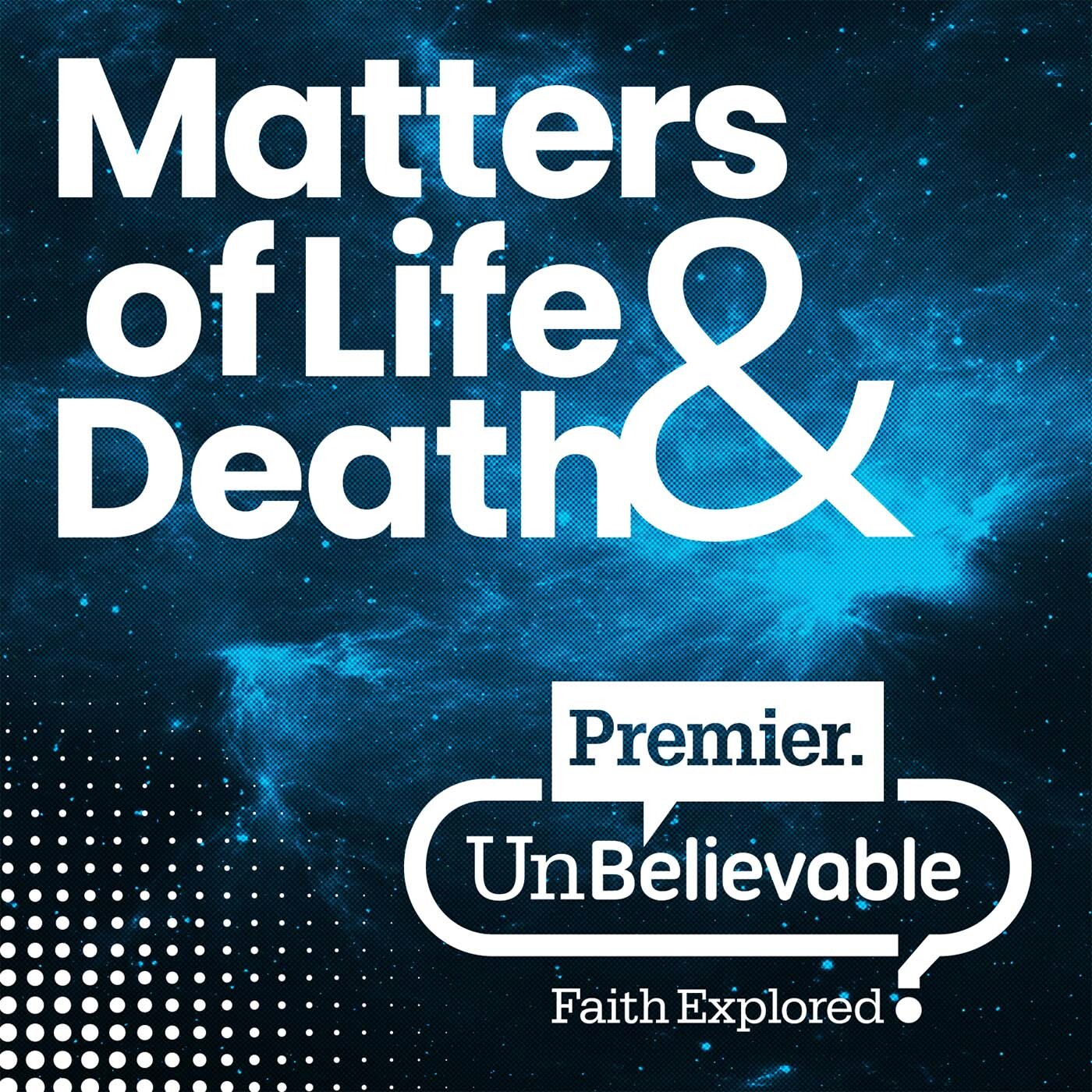Coronavirus: The ethics of triage
Playback speed
Playback speed
First come, first served? Or key workers and politicians before everyone else? How can doctors decide who to treat in a healthcare emergency when there are not enough beds or ventilators to go around? Triage, the practice of working out who to care for first, has been around in medicine for centuries but the concept has acquired a fresh intensity during the Covid-19 pandemic, when it was realistically feared the NHS might have significantly more patients sick with the virus than it had capacity. In this episode we discuss if it is ever right to pick between patients like this, and if so what methods might be wise - and which are ethically dubious.
See acast.com/privacy for privacy and opt-out information.
Released on 13 May 2020
Coming up next

Coronavirus: Life in the NHS
Protect the NHS. It has been one of the key government slogans, designed to inspire us to stay with the lockdown so that hospitals do not get overwhelmed by coronavirus patients and services collapse under the pressure. In today's episode we examine...

Coronavirus: Death and spirituality during a pandemic
For many years death has been described as perhaps the final taboo in British society. Rarely it is deemed polite to mention the uncomfortable fact that one day we all will die, let alone try to bring faith or spirituality into that conversation. But...

Coronavirus: Technology - part 1
One of the perhaps unexpected results of the coronavirus pandemic is how it has thrown up some fascinating debates about technology. Many countries, including the UK, have been grappling with if and how they could use Bluetooth apps to try and trace...

